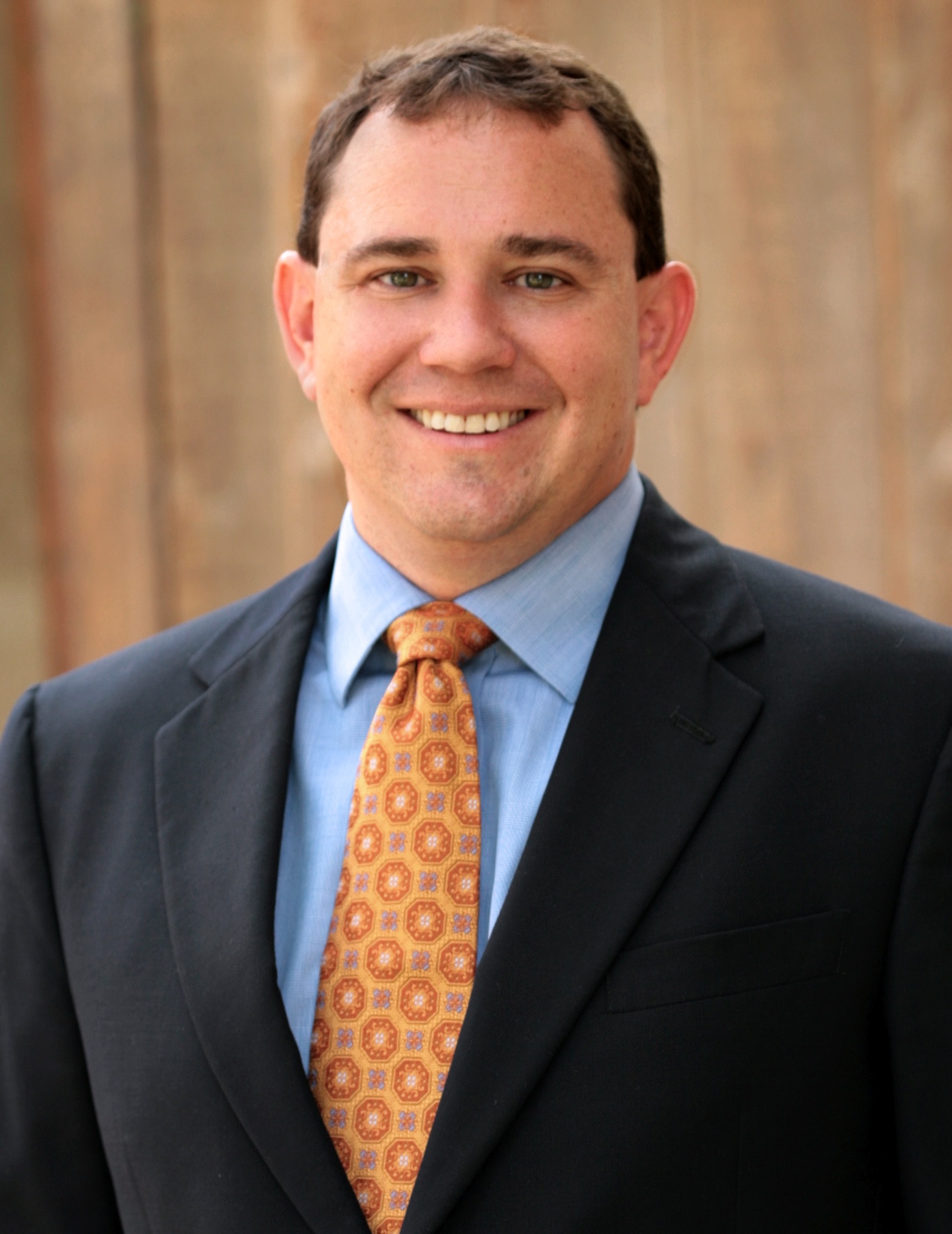
Abstract
Energy and water are precious, global, and interconnected resources. Water provides hydroelectric power and plays a growing role for irrigation of energy crops. At the same time, the thermoelectric sector is the largest user of water in the U.S., withdrawing 200 billion gallons daily for powerplant cooling. And while the energy sector uses water, the water sector is responsible for about ten percent of national energy consumption for moving, pumping, treating, and heating water. Given recent trends towards more water-intensive energy and energy-intensive water, the problems might only become worse. However, despite the close relationship of energy and water, the funding, policymaking, and oversight of these resources are typically performed by different people in separate agencies. Energy planners often assume they will have the water they need and water planners often assume they will have the energy they need; if one of these assumptions fails, the consequences will be dramatic. But, by bringing scientific and engineering expertise to bear on this vastly understudied problem, this scenario might be avoided. For this talk, Dr. Webber will build from his lectures in his courses, his congressional testimony, and his research to share his perspective on the global nexus of energy and water. In particular, he will discuss the water impacts of various alternative fuels that might potentially grow in use, including unconventional fossil fuels, electricity, and biofuels, along with some technical and policy options that are available to mitigate the challenges.
Biography
Michael Webber is the Associate Director of the Center for International Energy and Environmental Policy in the Jackson School of Geosciences, Co-Director of the Clean Energy Incubator at the Austin Technology Incubator, and Assistant Professor of Mechanical Engineering at the University of Texas at Austin, where he trains a new generation of energy leaders through research and education at the intersection of engineering, policy, and commercialization. He has authored more than 125 scientific articles, columns, books and book chapters, including a compendium of his commentary titled Changing the Way America Thinks About Energy, which was published in May 2009. A highly sought public speaker, he has given more than 150 lectures, speeches, and invited talks in the last few years, including testimonies for hearings of the U.S. Senate Energy and Natural Resources committee, keynotes for scientific conferences, a lecture at the United Nations, and briefings for chief executives at some of the nation’s leading companies. Michael is on the board of advisors for Scientific American, holds four patents, and is one of the originators of the Pecan Street Project, which is a citywide, multi-institutional effort in Austin to create the electricity and water utilities of the future by the innovation and implementation of smart grids, smart meters, and smart appliances. Prior to joining UT-Austin, Michael studied issues relevant to energy, innovation, manufacturing, and national security at the RAND Corporation. Previously, he was a Senior Scientist at Pranalytica inventing sensors for homeland security, industrial and environmental monitoring applications. Michael’s education includes a B.A. with High Honors (Plan II Liberal Arts) and B.S. with High Honors (Aerospace Engineering) from UT-Austin, and an M.S. (Mechanical Engineering) and Ph.D. (Mechanical Engineering, Minor in Electrical Engineering) from Stanford University, where he was a National Science Foundation Fellow from 1995-1998. In 2005, Michael was recognized by the College of Engineering at UT-Austin as an Outstanding Young Engineering Graduate, and in 2006 was honored as the Commencement Speaker for the spring graduation ceremony. Michael was selected as an American Memorial Marshall Fellow of the German Marshall Fund for 2007, a White House Fellowship finalist in 2009, an AT&T Industrial Ecology Fellow in 2009, and an Aspen Institute Environmental Forum Scholar in 2010. From 2004 to 2006 he was a board member for the Hope Street Group, which is a non-profit bi-partisan national organization for young professionals interested in promoting policies that expand opportunity and economic growth. Webber’s expertise, opinions and research have been cited or featured in the Wall Street Journal, New York Times, San Francisco Chronicle, USA Today, NPR, PBS, The Daily Telegraph, BBC, ABC, CBS, Discovery, Scientific American, Popular Mechanics, MSNBC, Nature Geoscience, Earth Magazine, and many other prominent media outlets. His commentary on American energy policy and international affairs have been published in daily and Sunday editions of the Austin American-Statesman, Dallas Morning News, San Antonio Express-News, Fort Worth Star-Telegram, and the Houston Chronicle, and featured in a documentary about biofuels by the PBS national weekly newsmagazine NOW. Michael lives in Austin, Texas with his wife and three children.